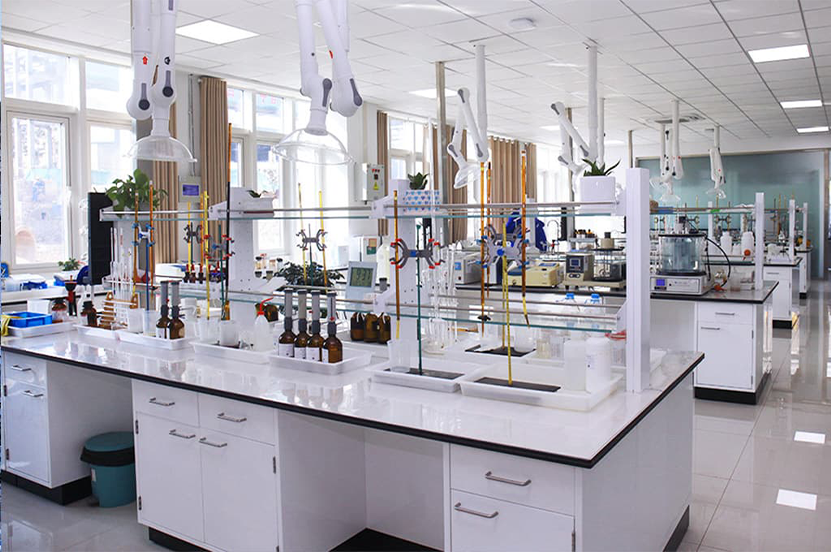



Water treatment refers to the process of removing pollutants and harmful substances in water through physical, chemical or biological methods to improve water quality and make it meet specific standards or purposes. Water treatment is widely used in tap water treatment, industrial wastewater treatment, sewage treatment, agricultural irrigation water quality treatment and other fields.
The main methods of water treatment include:
Physical treatment: such as filtration, sedimentation, flotation, etc., used to remove solid impurities and suspended matter in water.
Chemical treatment: such as drug flocculation, redox reaction, pH adjustment, etc., often used to remove soluble pollutants.
Biological treatment: degradation of organic pollutants through the action of microorganisms, common in sewage treatment and wastewater biological treatment.
Membrane separation technology: such as reverse osmosis, nanofiltration, ultrafiltration, etc., used to separate dissolved substances and impurities in water.
Common water treatment chemicals:
Inhibitors: such as HEDP, ATMP amino trimethylene phosphonic acid, etc., used to prevent the deposition of minerals such as calcium and magnesium in water pipes and equipment.
Bactericides: used to inhibit the growth of bacteria and algae in water.
Flocculants: help to coagulate suspended matter in water, making it easier to remove.
pH regulator: used to adjust the pH of water and optimize the treatment process.
Water treatment is an indispensable part of modern industry and life, and is directly related to the sustainable use of water resources and environmental protection.